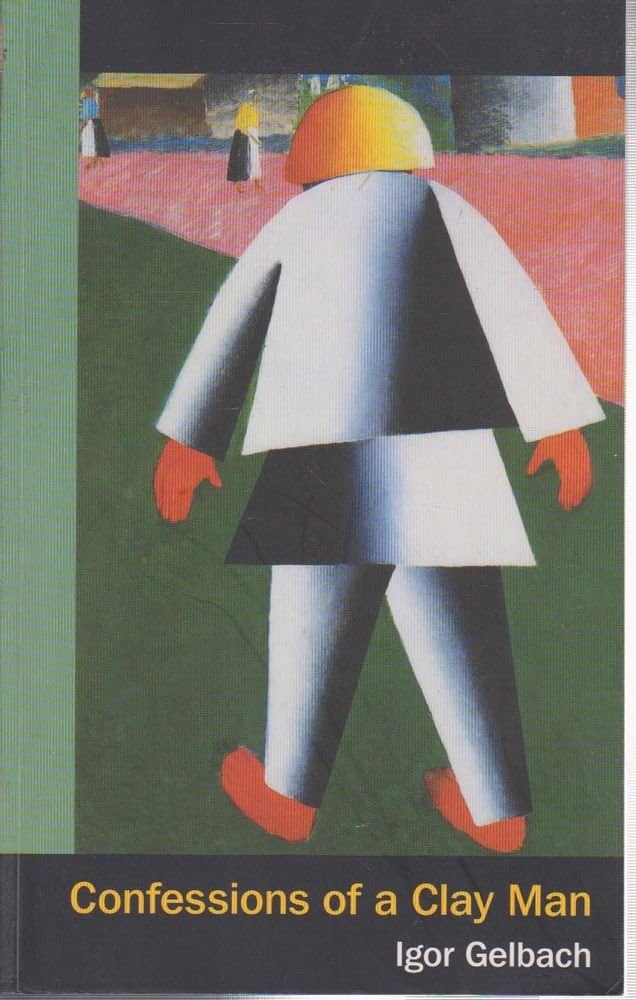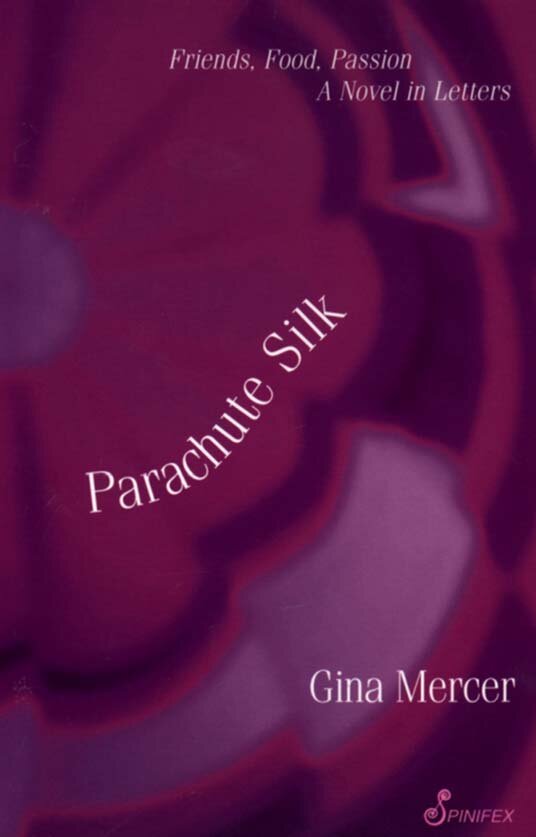Fiction
The Art of the Engine Driver by Stephen Carroll & Summerland: A Novel by Malcolm Knox
by Geordie Williamson •
Gould’s Book of Fish: A novel in twelve fish by Richard Flanagan
by Brian Matthews •
England Through Colonial Eyes in Twentieth Century Fiction by Ann Blake, Leela Gandhi and Sue Thomas
by Gillian Whitlock •
Harriet Huxtable and the Purpose of Rats by Louise Pike
by Margaret Robson Kett •














